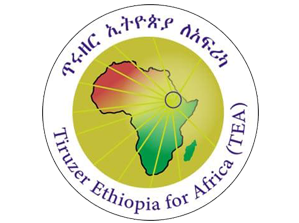Women’s Empowerment
Agriculture plays an important role in Ethiopian economy.
The cycle of destitution will continue until we pull hands and work toward ending gender inequality and empowering women so they can have a brighter future. The empowerment of women through provision of activities that can bring them income is a key strategy in the sustainable development of Ethiopia.
According to central statics agency (2011) agriculture contributes about 45% to the overall gross domestic product (GDP), generates 75% of export earnings and supplies about 70% of the country’s raw material to the secondary activities.
Policy makers have acknowledged the importance of smallholder women farmers, in both crop production and livestock sector, by putting in place appropriate policies to improve the situation for women farmers. However, there is a gap in tangible evidence that shows the actual contribution women are making to Ethiopian agriculture.
Change the situation!
Close the gender gap in access to and use of productive resources and services! Untouched power of women is poverty alleviators.
Why close the gap?
The need and reasons for closing the gender gap have well been documented by the Food and Agriculture Organization of the United Nations (FAO, 2011).
- Closing the gender yield gap could increase food availability and household level of food security.
- Closing the gender gap in access to and use of land, productive resources and services will unlock the productivity potential of women and could substantially increase the output and ensure sustainability of food production.
- Closing the gap could increase agricultural output by 2.5-4%, on average, with higher gains as women are more involved in agriculture and the gender gap is wider.
- Increasing agricultural production by this magnitude could reduce the number of malnourished people by 12-17% and would imply significant progress towards achieving the number one Millennium Development Goal.
- When women control additional income, they spend more of it than men do on food, health, clothing and education for their children. This has positive implication for immediate well-being as well as long term human capital formation and economic growth through improved health, nutrition and educational outcomes.
